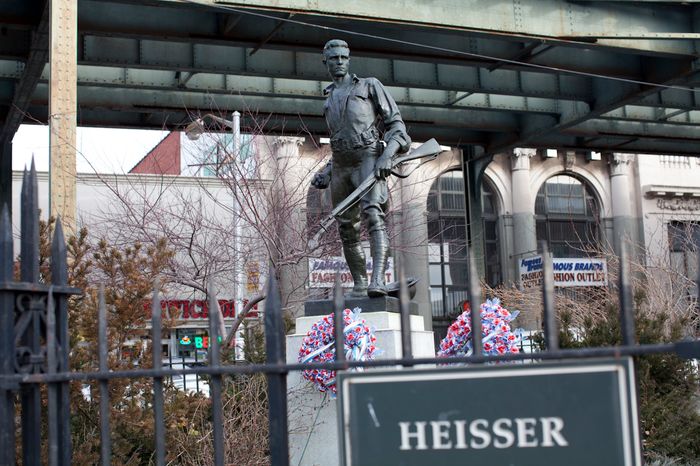From Nicholas Kristof’s op-ed in the New York Times:
For three weeks American politicians have been fulminating about the peril posed by Syrian refugees, even though in the last dozen years no refugee in America has killed a single person in a terror attack.
In the same three weeks as this hysteria about refugees, guns have claimed 2,000 lives in America. The terror attacks in San Bernardino, Calif., and at the Planned Parenthood clinic in Colorado Springs were the most dramatic, but there’s an unrelenting average of 92 gun deaths every day in America, including suicides, murders and accidents.
See also: Friday’s front-page editorial, “End the Gun Epidemic in America,” the first since 1920. Also: The Guardian’s visualization of mass shootings.
